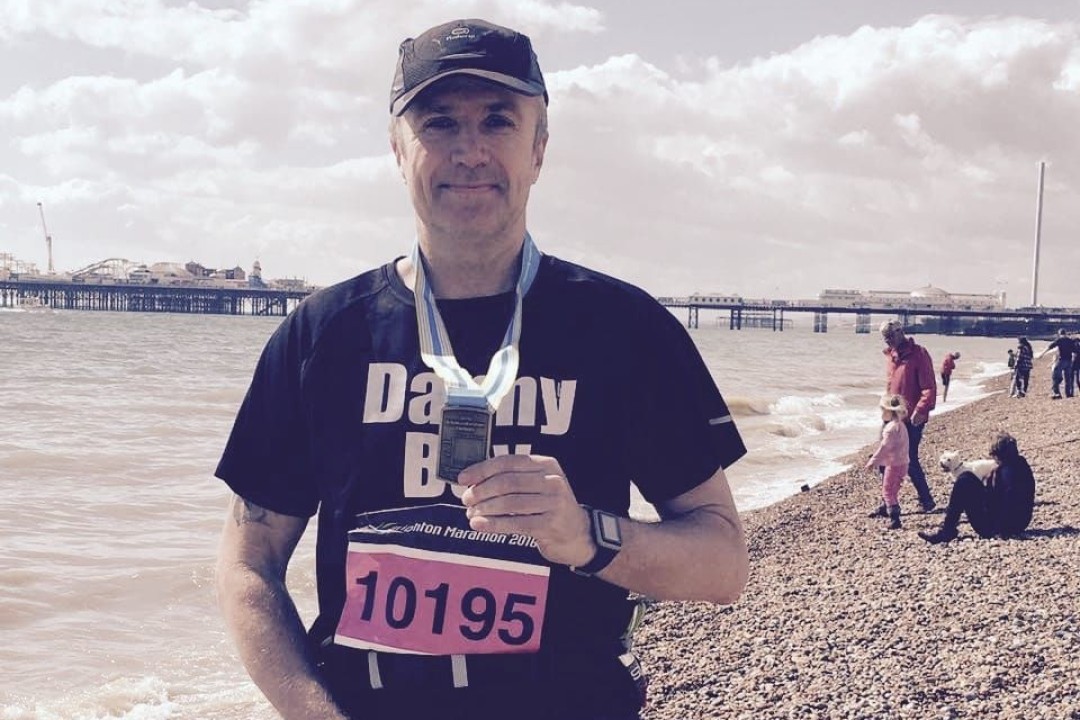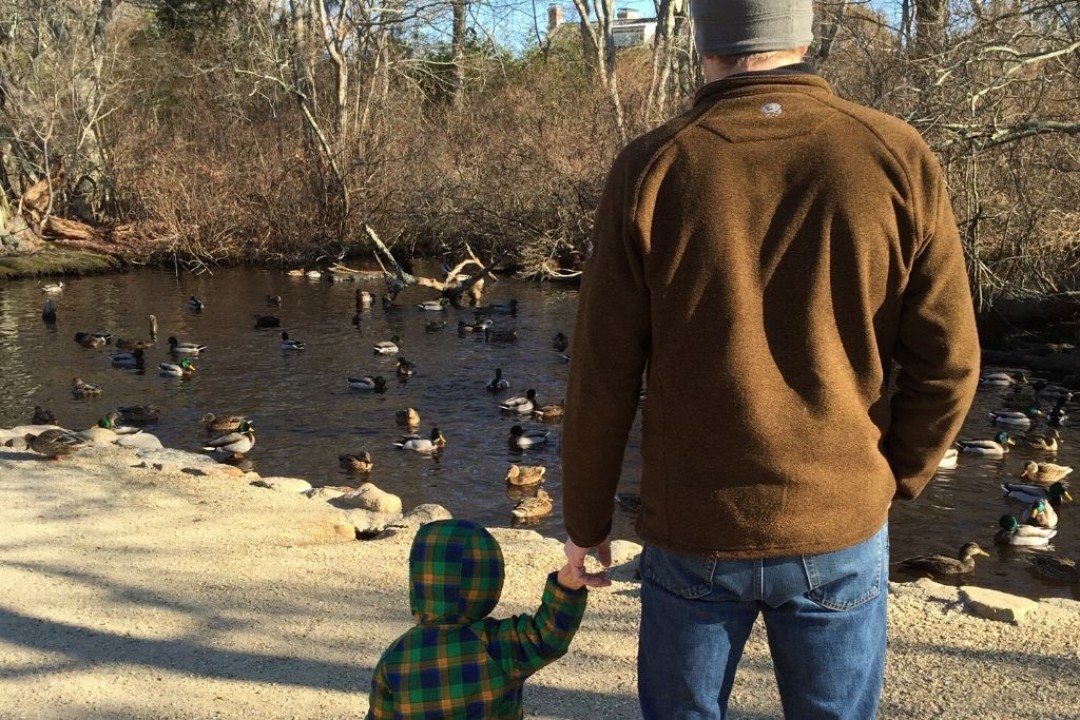Ask An Expert: Michelle (Addiction Clinician)
May 2nd, 2021 Interviews 1 comment

=============
Michelle: They’re usually referred from community services such as such as GP’s, the Alcohol Drug Helpline, schools, courts.
Michelle: Empathetic, non judgmental approach that is centred around what the person with addiction wants. My approach is holistic, seeing the whole person and their story in assisting them to make change.
Michelle: Alcohol use can be very significant on a person’s wellbeing. Alcohol is a central nervous system depressant so it can affects a person’s mood and wellbeing. It is common to see people who are drinking have depression or anxiety related to their drinking. Alcohol usually affects good quality sleep and nutrition as well which can then impact further on their wellbeing. A person’s ability to manage stress can be diminished over time from alcohol and ends up having more of a negative impact.
Michelle: In the short term the person feels that it does help deal with stress and negative emotions. Alcohol will numb a person’s emotional response so they end up avoiding these negative emotions but they end up never dealing with them properly. Usually if a person is using alcohol to deal with stress over a longer period of time it fails to keep working and life can become overwhelming and difficult to manage. The ability to deal with stress becomes diminished. The hard thing is if a person then stops drinking they then have to face all the emotions they haven’t dealt with and this can be very overwhelming, painful and difficult.
Michelle: It is about engaging with the person, hearing them and understanding their story. When you understand someone and can reflect that back a person feels validated. It is about finding what motivates a person to want to make change. Asking them “what are the good things about your drinking?” and on the other side of that “what concerns you about your alcohol use?” How do they see their life with alcohol not in it? How do they see their life if they continue to drink? Where do they see themselves in 5 years time with or without alcohol in their life? It is also about providing a person with information and options and asking them what they think they may like to do. A clinician is also going to help identify strengths and instil hope that this person has the ability to change and then give them a number of different choices and options that they can use to remove alcohol from their lives. Patience, reliability, trust, support, empowering, self efficacy and hope are important qualities to offer in the relationship with someone who wants to stop drinking.
Michelle: Education about being sober, reading blog sites or writing about their journey, activities of wellbeing, understanding high risk situations and how to either avoid these or manage them, seeking support, connections to others who are on the same journey can be very helpful, being honest to those closest to them and asking others for help. Learning how to relax and find activities that provide a natural high.
Michelle: Understand that there are different stages to this journey. It will be challenging when you start to feel emotions you have forgotten about or even never felt … the journey can get really tough. This is usually in the first few months. Organise counselling or therapy to identify and learn new ways to deal with emotions – this can be very helpful. Remember it does get easier. A person can feel sad, tired, fatigue, lazy, unmotivated, that they don’t find joy in life, these are all symptoms of making change. Remember that the brain will take at least 3 months to heal after stopping drinking so give your body and mind time to heal. Self care is paramount!
Michelle: I love working with people and the tapestry of life that they bring. Working with people and assisting them to make change. I love seeing the changes that people go through but also helping people through the challenges and learning to accept all the parts of themselves in moving forward. I love seeing people work towards their potential and true selves.
Michelle: I love my job! If you are reading these take each day as it comes and life can be so wonderful and fulfilling sober!
Continue reading
Ask An Expert: Steph (Detox Nurse)
These ‘Ask An Expert’ posts are interviews I’m carrying out with trained individuals who come into contact with people struggling with alcohol.
December 16, 2018 – 2 comments
Sober Story: Daniel
This week’s Sober Story comes from Daniel, a 54-year-old living in London, UK.
December 5, 2018 – 13 comments
Sober Story: Molly
"Physically, I feel that I was healed by about nine months. Just slowly felt better and began to feel healthier. Emotionally it’s still a bit of a process for me. Mostly due to the deafness."
June 22, 2022 – 17 comments
Sober Story: Mark
This week’s Sober Story comes from Mark, a 36-year-old who lives in the United States.
December 10, 2019 – 7 comments


